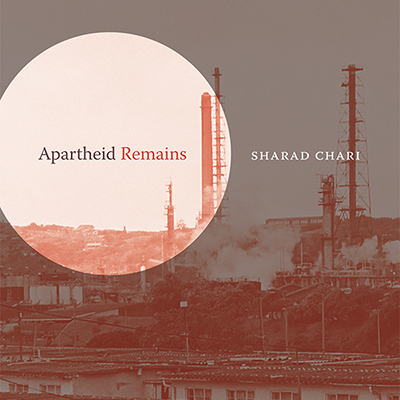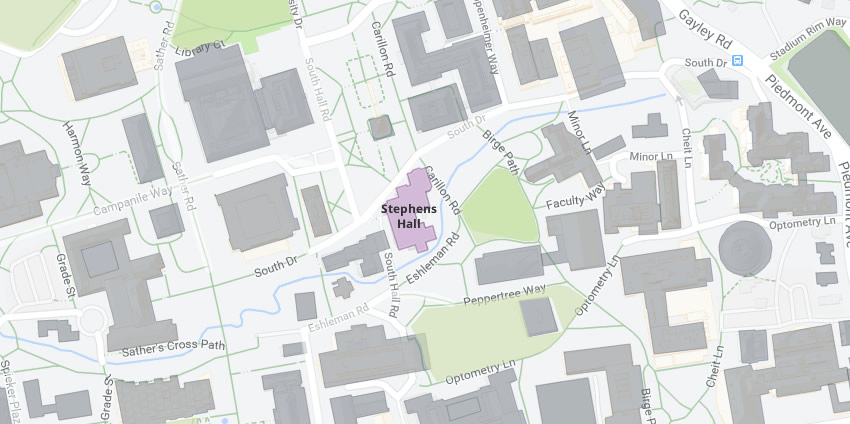
In Apartheid Remains (Duke, 2024), Sharad Chari (Geography) explores how people handle the remains of segregation and apartheid in South Africa as witnessed through portals in an industrial-residential landscape in the city of Durban. Through long-term historical and ethnographic research, Chari portrays South Africa’s 20th century as a palimpsest that conserves the remains of multiple pasts, including attempts by the racial state to remake territory and personhood while instead deepening spatial contradictions and struggles.
When South Durban’s denizens collectively mobilized in various ways — through Black Consciousness politics and other attempts at refusing the ruinous articulation of biopolitics, sovereignty, and capital — submerged traditions of the Indian Ocean and the Black Atlantic offered them powerful resources. Of these, Chari reads Black documentary photography as particularly insightful audiovisual blues critique.
At the tense interface of Marxism, feminism, and Black studies, Chari offers a method and form of geography attentive to the spatial and embodied remains of history. Apartheid Remains looks out from South Durban to imaginations of abolition of all forms of racial capitalism and environmental suffering that define our planetary predicament.
Chari is joined by Gillian Hart (Geography). After a brief discussion, they respond to questions from the audience.
Cosponsored by the Institute for the Study of Societal Issues




